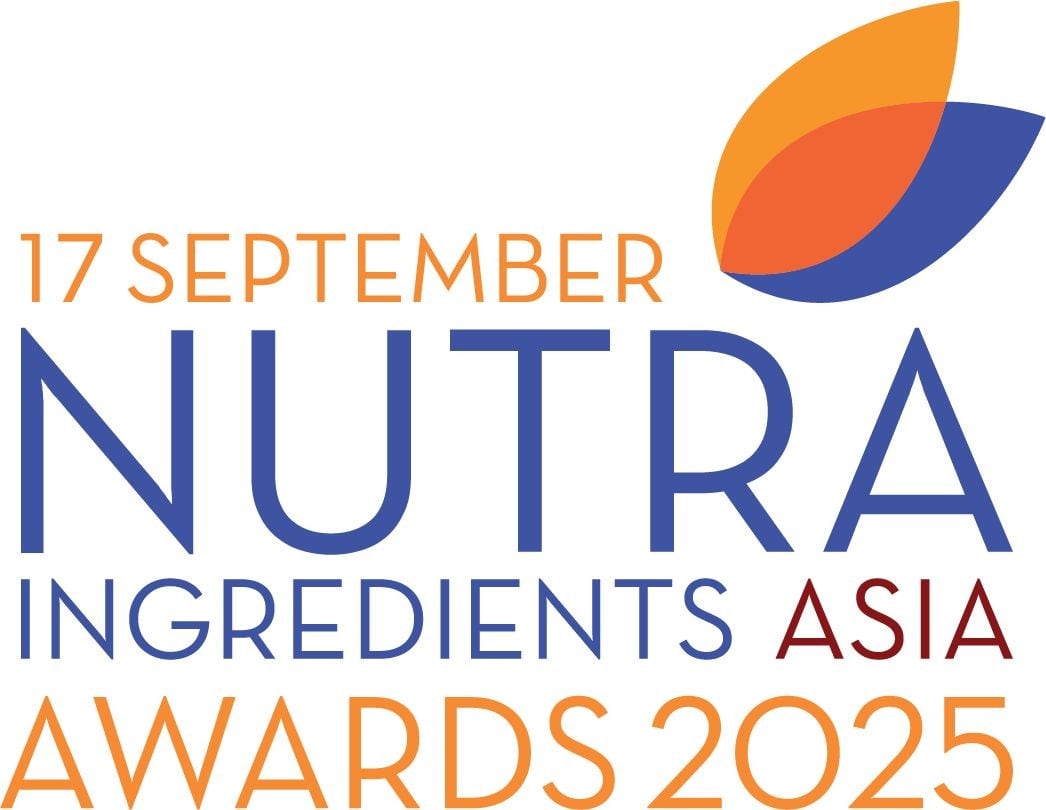The China office, opened just last month in Shanghai, is represented by Dr Dan Cheng.
This is the first office that IPA has set up in Asia-Pacific.
Paraskevakos said that the China office was set up in response to growing membership of Chinese companies, as well as to set up a touch point in Asia-Pacific (APAC) - which is the region with the biggest probiotic market.
“APAC is the biggest region in probiotics, and within that region, China is the biggest market and is growing at a very nice rate,” Paraskevakos said during an interview at Vitafoods Asia 2025 held in Bangkok.
“We had a lot of increase in membership. Today, we have almost 29 member companies in China and APAC, mostly coming from China.”
Examples of its China member companies are Angel Yeast, Wecare Probiotics Co., NutriWow, and Shanghai Novanat Co., Ltd.
“As such, we need someone here to focus on the membership growth and to help leverage what we’ve put up for the industry. Since it’s the biggest market, we have make sure that we have a representative to address companies that may want to join our membership,” he said.
Setting up a China office is the first step for building up its presence in APAC.
Further down the road, there could be plans for representatives that oversee other APAC markets like Japan, South Korea, and South East Asia, he said.
Certification and CBEC initiatives?
Some of the potential initial projects that IPA has for its China operations include probiotic product certification and setting guidelines for probiotics sold via the cross-border e-commerce (CBEC) channel into China.
There has been growing demand coming member companies to create a probiotics product certification system amid a burgeoning probiotic market.
The goal is to show that certified products have been validated for quality.
“Because there are so many products in the market, a lot of our members and brand owners are looking for certification,” said Paraskevakos.
“They want to make sure that the probiotic products that are being sold are of high quality, deliver benefits that they claim, and make sure that the ingredients are credible and transparent.”
The IPA board is currently examining this and will make a decision on the next steps, he said, as well as identifying other issues that are of concern to the Chinese companies and that the association could play a role and add value to.
Another potential initiative would look at the cross-border e-commerce (CBEC) sales of probiotics entering China.
Vitamins, beauty-from-within, pre-, probiotics products are the top selling nutraceutical categories on China’s e-commerce platforms, according to China Chamber of Commerce for Import & Export of Medicines & Health Products (CCCMHPIE) data last year.
Paraskevakos said that the association could be working on a white paper on this topic, and has plans to develop guidelines for ensuring the quality of products sold into China via CBEC.
“The IPA may be working on a white paper, hopefully we can put that out in due time, because there are some very big platforms, such as Tmall and Alibaba that are selling a lot of these products via CBEC.
“We have some outreach with these entities to see how can we help create quality guidelines for this market segment,” he said.
In the same vein, the association will also work on outreach programs to engage the local regulatory bodies and industry associations.




